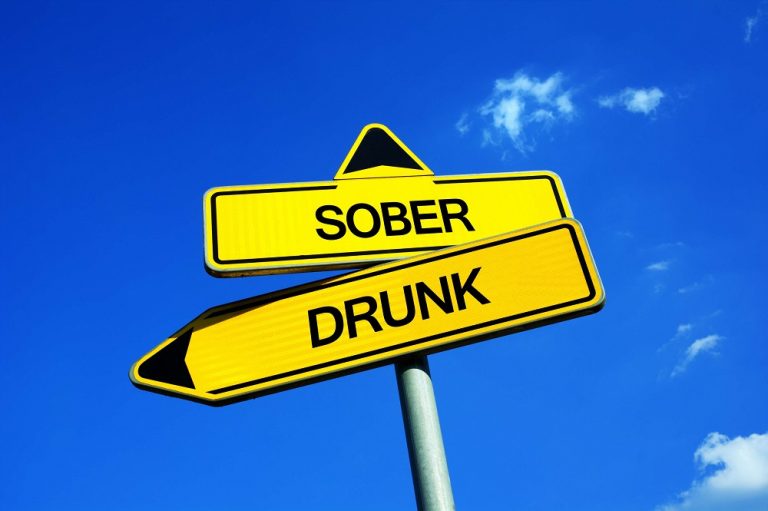In such cases, a person might start to question the diagnosis and abandon treatment altogether even if another condition, such as NPD, actually exists. Sian Ferguson is a freelance health and cannabis writer based in Cape Town, South Africa. She’s passionate about empowering readers to take care of their mental and physical health through science-based, empathetically delivered information. Although NPD can’t be cured, someone with NPD can change their behavior if they’re willing to put in the time and effort, according to research from 2018. With both conditions, the benefits of therapy depend on your willingness to work on yourself. If your alcohol use is severe, you’ll likely need to go to an inpatient facility so that you can safely withdraw from alcohol.
- It’s possible for people with AUD to successfully stop using alcohol when they have the right support and treatment.
- Treating alcoholic narcissism requires a comprehensive approach that addresses both the alcohol addiction and the underlying narcissistic traits.
- This is especially true if you have conflicted emotions and are reluctant to speak with others who might judge you or your relationship.
- Dependence is a physical process, while addiction is a form of psychological dependence.
Whether it’s connecting you with the right therapist or supporting you through difficult times, we embrace you as part of our community. Morgan Blair is our expert medical reviewer, a licensed therapist, and writer with a master’s in clinical mental health counseling. Her work combines mental health advocacy and creative expression to provide valuable support for those on their mental health journey.
Signs of Alcohol Abuse
By working towards a healthier and more fulfilling life through these strategies, individuals can break free from the destructive cycle of https://ecosoberhouse.com/. Understanding the relationship between alcoholism and narcissistic behaviors is crucial in developing effective treatment approaches. By addressing both the underlying narcissistic traits and the alcohol use disorder, individuals can work towards a healthier and more balanced life. Research suggests a correlation between alcohol abuse and narcissistic traits. Individuals with narcissistic personality traits may be more vulnerable to developing alcohol use disorders. They may turn to alcohol as a means of escaping feelings of insecurity, low self-esteem, and emotional distress.
Drugs and alcohol can make them feel better about themselves or more control their perceived negative attributes by lifting their untreated depression and anxiety. Grandiose narcissism was also a significant predictor of a positive alcohol problem evaluation, over and above alcohol use, social desirability and vulnerable narcissism. In other words, grandiose narcissists are more likely to regard the alcohol problems that they may encounter as good. This may be because of the social benefits they bring (e.g., holding one’s liquor might be seen as a good quality and doing risky things while intoxicated could be seen as “cool” in some circles). It is also possible that grandiose narcissism gives one the illusion of invulnerability, especially when drunk. Thus, by not learning from negative experiences, they might continue to see alcohol consequences as positive.
Overlapping signs and symptoms
The most important step to recovering from alcohol addiction is seeking treatment. Reach out to our team today to learn more about comprehensive treatment for alcohol abuse and how you or your loved one can become free narcissism and alcoholism from alcohol addiction. The terms “genetic” and “hereditary” are largely interchangeable when discussing alcohol addiction. Genetic factors refer to a person’s DNA and genes passed down from parents to children.
Alcohol acts as a lubricant, making the vulnerable narcissist feel more at ease in social situations that may otherwise seem overwhelming. Alcohol can temporarily alleviate the vulnerable narcissist’s feelings of inadequacy, giving them a false sense of confidence that negates their niggling self-doubt. Grandiose narcissists have an inflated sense of self, an unshakeable belief in their own superiority, and a lack of empathy for those around them. Vulnerable narcissists, on the other hand, tend to be more realistic about alcohol-related problems, such as passing out or feeling sick, and more willing to discuss them.
Getting Effective Treatment
While not all individuals struggling with alcohol addiction exhibit narcissistic traits, there is a notable overlap between the two conditions. People who display addictive behaviors in addition to narcissistic traits may require a substance abuse treatment program that is equipped to treat co-occurring disorders. Healthcare professionals may ask people about their drinking habits to assess AUD. A psychiatrist may carry out a standard psychiatric interview, which healthcare professionals use to diagnose personality disorders. Healthcare professionals may also use the Narcissistic Personality Inventory to diagnose narcissism. Lastly, don’t be afraid to set boundaries and find support in family and friends.

